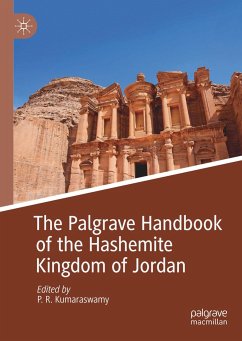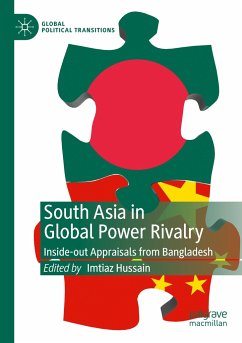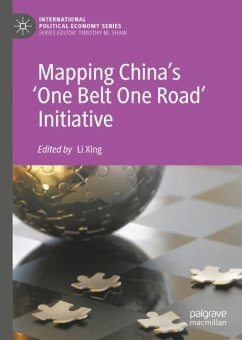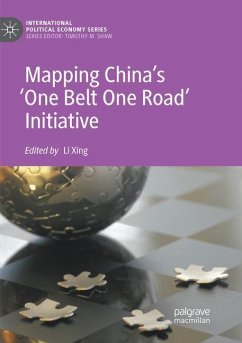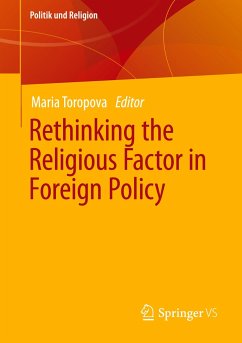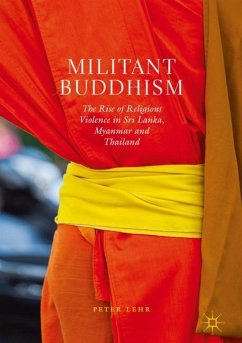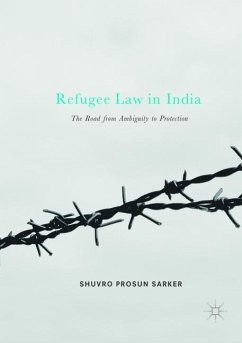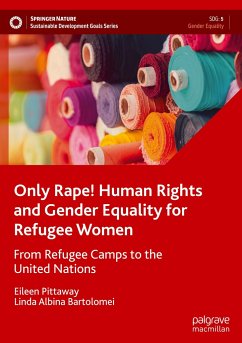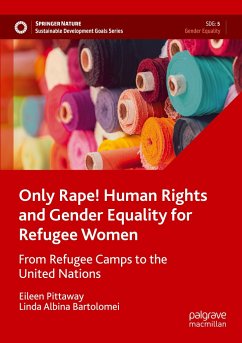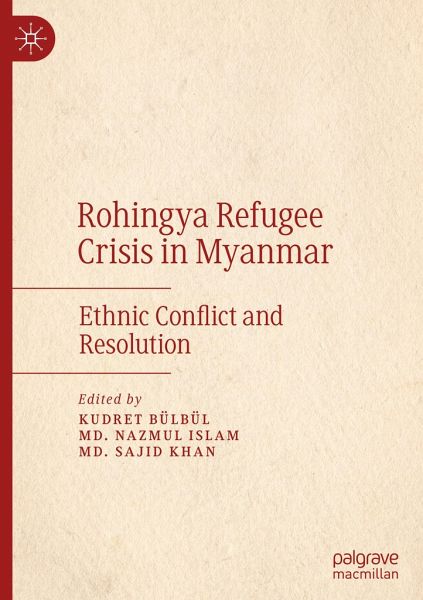
Rohingya Refugee Crisis in Myanmar
Ethnic Conflict and Resolution
Herausgegeben: Bülbül, Kudret; Islam, Md. Nazmul; Khan, Md. Sajid

PAYBACK Punkte
61 °P sammeln!
This book discusses the current reality and the future of ethnic Rohingyas in Myanmar. It presents Myanmar's history, policy, politics and, most importantly, while focusing on Rohingya ethnic conflict, presents a resolution by looking at the global and regional policies and politics of South Asia and South-East Asia. The recent coup unfolded in Myanmar and the detention of the democratic leaders has surprised the world with its subsequent emergency declaration in 2021, thus making this book relevant and well-timed.Eventually, the book offers an account of a previously little known, yet much-di...
This book discusses the current reality and the future of ethnic Rohingyas in Myanmar. It presents Myanmar's history, policy, politics and, most importantly, while focusing on Rohingya ethnic conflict, presents a resolution by looking at the global and regional policies and politics of South Asia and South-East Asia. The recent coup unfolded in Myanmar and the detention of the democratic leaders has surprised the world with its subsequent emergency declaration in 2021, thus making this book relevant and well-timed.
Eventually, the book offers an account of a previously little known, yet much-discussed role of media, international actors, human trafficking, and humanitarian-based resolution for Rohingya refugee crisis. It shows a new perspective in the post-Rohingya influx era of Bangladesh and the neighbouring countries.
Eventually, the book offers an account of a previously little known, yet much-discussed role of media, international actors, human trafficking, and humanitarian-based resolution for Rohingya refugee crisis. It shows a new perspective in the post-Rohingya influx era of Bangladesh and the neighbouring countries.




